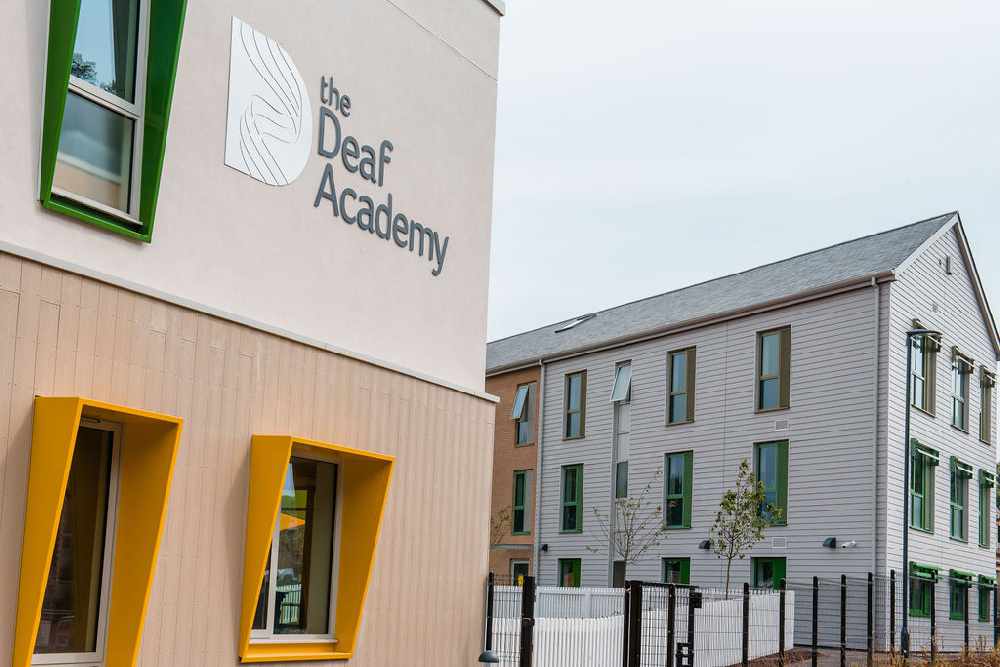
Children started this week
Twelve years after its closure, Exmouth's Rolle College site is welcoming students once more, after being acquired by Exeter Deaf Academy and undergoing a £10.5 million transformation.
With one exception, old buildings have been demolished and completely replaced with new teaching and residential spaces and outdoor play areas.
The Academy, which moved from its former home on Topsham Road in Exeter, where it has been based for almost 200 years, had been due to open earlier this year. The new build was in the final stages of completion when work was halted due to coronavirus, and students’ learning was taken online. The new Deaf Academy caters for people aged five to 25, many of whom have additional special needs.
The development hasn't been without controversy. Rolle College, mainly a teacher-training institution, closed in 2008, leaving the site derelict. Once an outpost of Exeter University, it was acquired by the University of Plymouth in the 1990s for a nominal fee of £1. When Plymouth consolidated its assets and gave notice it was quitting Exmouth, it wanted many millions of pounds for the land and buildings.
Local campaigners formed a not-for-profit company called Rolle Exmouth Ltd, selling shares for £100 each to raise funds, but not long after it took over a lease for a central part of the site, Plymouth University sold the premises to Exeter Deaf Academy, whose own buildings on Topsham Road were deemed inadequate. Exmouth Rolle Limited felt the university had acted with bad will; its chairman Roy Pryke saying they felt "dismayed, frustrated and angry" at having the rug pulled from under them. Residents who had bought shares in the hope of realising a community asset were left upset and out-of-pocket.
The newly rebranded Deaf Academy's buildings do bring back life to a decaying site, and continue its use for education; although the covid situation has meant it has been unable to invite residents to look round. Nevertheless principal Sylvan Dewing said: "The new Academy will be an amazing space for young deaf people to learn and develop. Of course, things are a little different as we implement social distancing measures, but this is an incredible new space where our students will thrive and grow.
"This is a building which has been designed specifically for young deaf people and the staff who will be working in it. It will be wholly inclusive and enable our students to live, learn and grow their independence in a safe, state-of-the-art environment."
The Academy, which in 2017 had been rated by Ofsted as requiring improvement, had. a change of leadership ahead of its move to Exmouth. It was graded as 'good' at its last Ofsted inspection. The new building may be an upheaval for some children, but the new facilities should more than make up for it. It features a high-ceilinged atrium, corridors are wider so people can walk side-by-side and sign to each other, and corners of circulation routes are curved to enable students to move safely around the building. In the classrooms, desks are placed in a horseshoe shape to enhance communication and break-out rooms provide space where students can be taught in small groups, take time out or receive therapies, such as speech and language therapy. The proximity to the classrooms will mean students no longer have to take prolonged periods away from their lessons to receive therapies either off site, or in other areas of the academy.
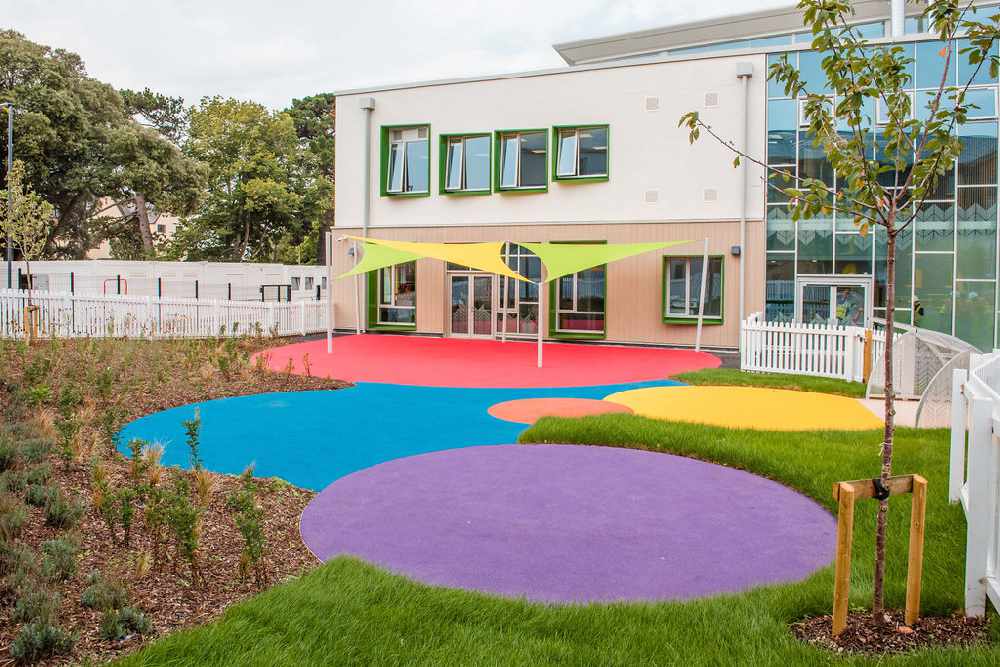
Carl Harding, of south west-based architects Stride Treglown, said: "Everything possible has been done to create an environment which improves and enhances communication, right down to the wall colours providing contrasting backgrounds, so people can see each other’s hands clearly when they are signing. Internally visual connection and privacy have been carefully considered, with a range of solid, transparent and translucent surfaces. We have created light open spaces to optimise visual communication for sign language and lip-reading, and will provide good acoustics to maximise access to sound for those using assistive technology.’
Residential students will live together with care staff in ‘family’ flats. In these brand new self-contained flats with a common room. Students come from all over the UK to build their deaf identity, communication and independent skills that will shape the rest of their lives.
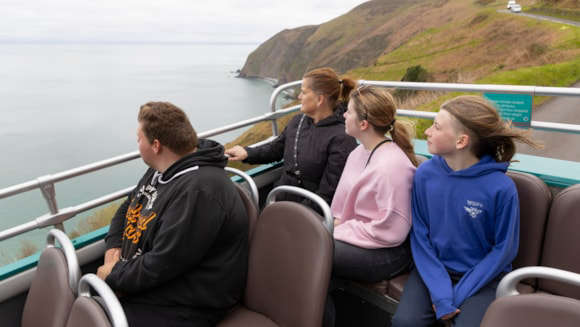 Exmoor Coaster service coming back under different name
Exmoor Coaster service coming back under different name
 Storm overflow prevention work set for Plymouth
Storm overflow prevention work set for Plymouth
 Help needed to find Exminster pensioner
Help needed to find Exminster pensioner
 City lose at home again
City lose at home again
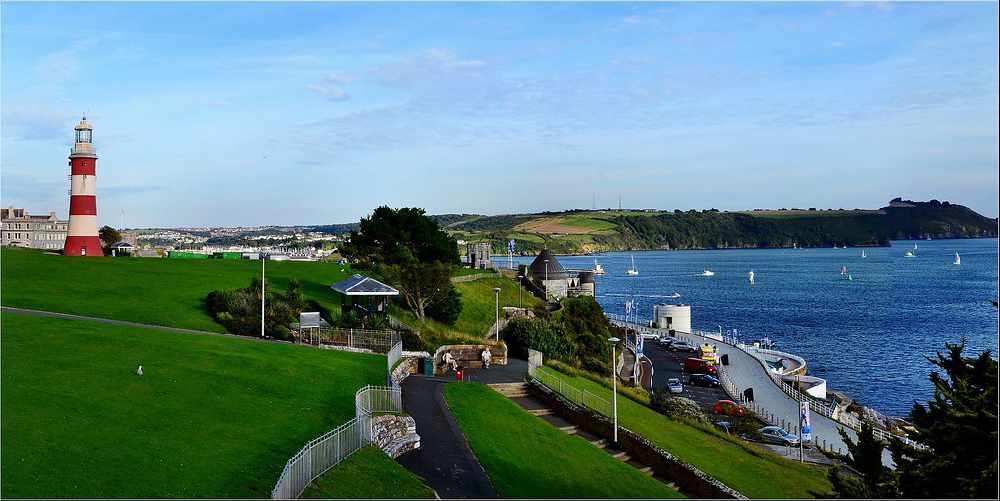 Calls for inclusion on Plymouth lord mayor role
Calls for inclusion on Plymouth lord mayor role
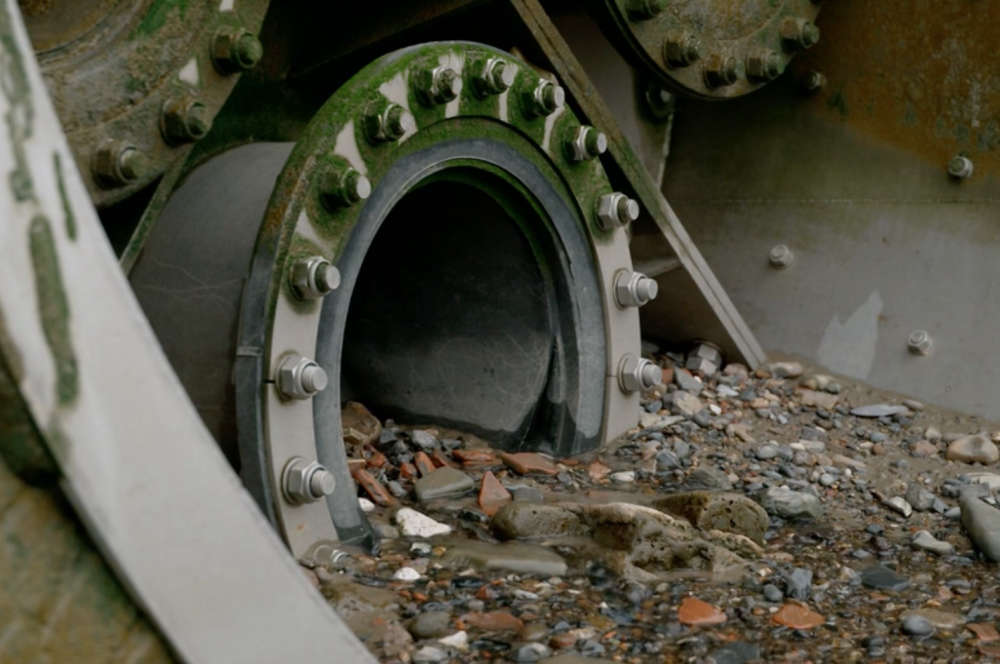 Upgrades to Plymouth storm overflows to take place
Upgrades to Plymouth storm overflows to take place
